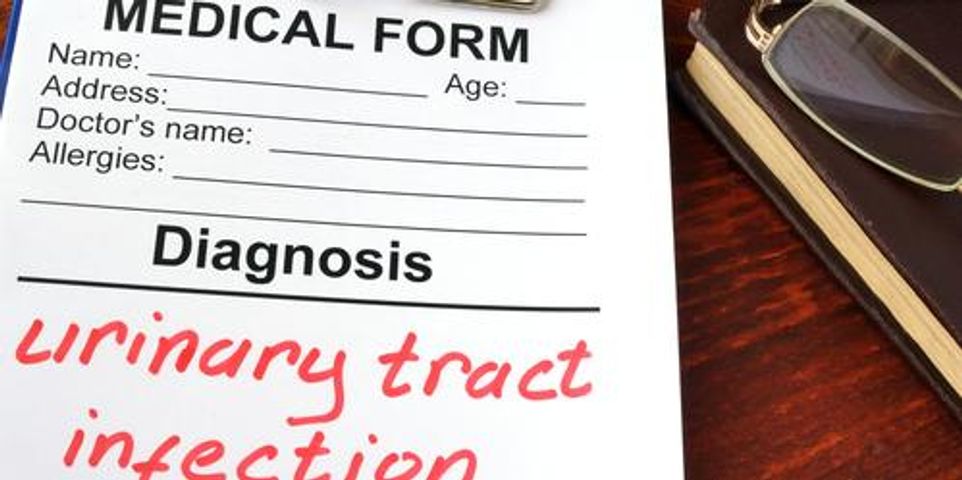Why Urinary Tract Infections Are Often Linked to Nursing Home Neglect

Although urinary tract infections (UTIs) don’t tend to be a serious medical condition for most people, they can prove to be a dangerous diagnosis for the older generation to face. Unfortunately, UTIs are a common complaint in facilities specifically designed to accommodate the elderly. While they might be unavoidable in some situations, UTIs can also be a telltale sign of nursing home neglect. This is why the legal team at Reed Law Offices in Omaha, NE, stresses the importance of paying special attention if a loved one develops this type of infection while living in a nursing home. They suggest consulting with an attorney right away if you believe negligence contributed to the illness. Below, the firm discusses the link commonly found between nursing home neglect and UTIs.
Who Is at Risk of Developing UTIs?
 Elderly people have an increased risk of developing UTIs because of weakened immune systems. Those with diabetes, incontinence, an enlarged prostate, urinary retention, and kidney stones are especially susceptible to getting urinary tract infections. Nursing home residents who are immobile and have had bladder surgery in the past are also at a higher risk. When left untreated, UTIs can turn into a serious problem for senior citizens and might even contribute to premature death.
Elderly people have an increased risk of developing UTIs because of weakened immune systems. Those with diabetes, incontinence, an enlarged prostate, urinary retention, and kidney stones are especially susceptible to getting urinary tract infections. Nursing home residents who are immobile and have had bladder surgery in the past are also at a higher risk. When left untreated, UTIs can turn into a serious problem for senior citizens and might even contribute to premature death.
What Should Nursing Homes Do to Prevent UTIs?
Nursing home staff members have a duty of care to keep their residents out of harm’s way, which includes doing what they can to help prevent urinary tract infections. As part of their job duties, they should be changing catheters frequently, staying on top of resident hygiene, changing soiled undergarments and sheets as often as necessary, watching for signs of a UTI and seeking medical attention immediately when needed, and administering medication as directed. If these tasks are ignored, it can make a facility liable for nursing home neglect.
Assisted living facilities have a responsibility to reduce the risk of UTIs in residents. Failure to do so might result in the ability to hold them accountable for a loved one’s deteriorating health. To determine if you have a valid grievance concerning nursing home neglect, it’s best to consult with an attorney at Reed Law Office. They will know what evidence to look for when building a case. Contact them at (402) 933-0588 or visit their website to learn more about their services.
About the Business
Have a question? Ask the experts!
Send your question

